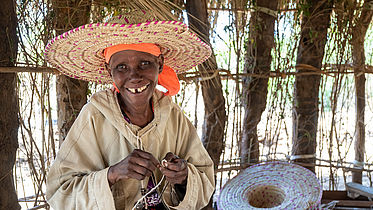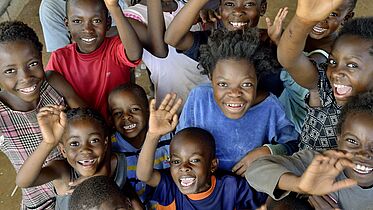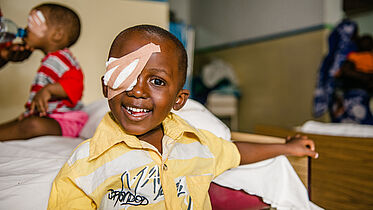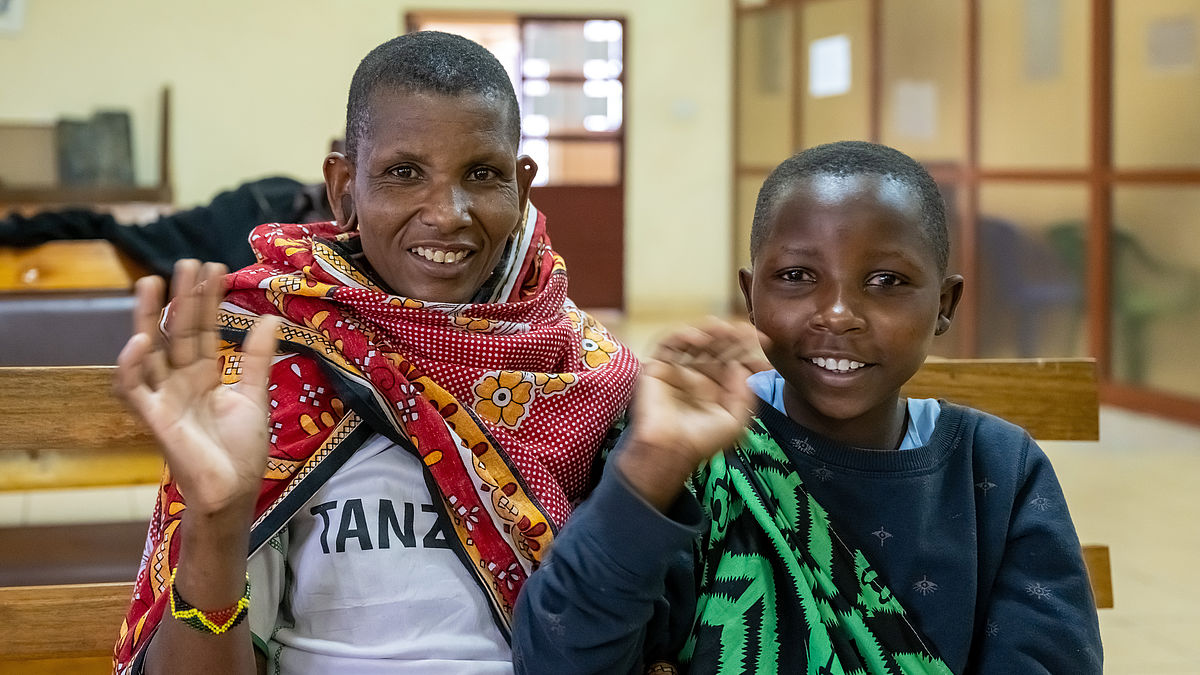
Africa East and South
The Africa East and South region is a fascinating mix of geography, culture, and economy, spread across 22 diverse countries.
The CBM Africa East and South (AFES) Regional Hub is dedicated to helping its member countries achieve the Sustainable Development Goals (SDGs) by 2030, specifically focusing on the inclusion of person with disabilities. CBM AFES operates in countries like Burundi, Ethiopia, Kenya, Malawi, Rwanda, South Sudan, Tanzania, Uganda, South Africa, and Zambia. Each of these countries is actively working towards CBM's vision of creating an inclusive world where persons with disabilities can fully enjoy their human rights and reach their full potential.
Our regional office, located in Nairobi, Kenya, provides support to these countries in effectively implementing CBM's initiatives in key areas such as Inclusive Eye Health, Community-Based Inclusive Development, and Inclusive Humanitarian Action.
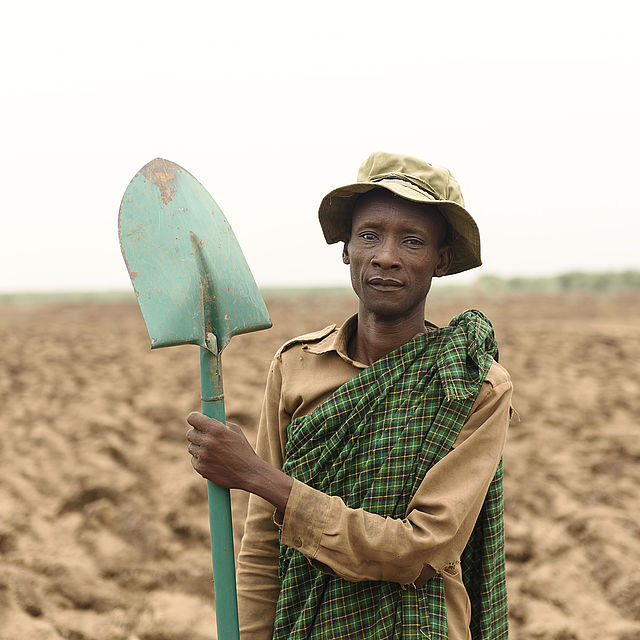
The Need
The need for our work in this region is significant. According to the World Bank, this area is home to 60% of the continent's population. Despite economic growth, there are vast inequalities between the rich and the poor. A large portion of the population lives in poverty, with persons with disabilities being disproportionately affected. Additionally, ongoing conflicts in the region have impeded development, resulting in education and health gaps, and hindering the overall well-being and progress of the struggling population.
Global food insecurity, driven by high prices for food and fuel, also impacts the region, exacerbating poverty and hunger and putting a strain on already limited resources. Consequently, malnutrition becomes a pressing issue, leading to physical and mental disabilities. Moreover, the region's heavy reliance on agriculture as a key driver of the economy and livelihoods makes it vulnerable to the catastrophic effects of climate shocks such as droughts and floods, further jeopardizing the population's well-being.
The Goal
Persons with disabilities play a crucial role in development, yet they face stigma, discrimination, and various barriers that hinder their livelihoods and prevent them from realizing their full potential. Therefore, it is essential to implement interventions that address their specific needs, allowing them to participate fully and productively in their communities. CBM is dedicated to improving the quality of life for persons with disabilities in the world's poorest communities. Drawing on over a century of professional experience, CBM addresses poverty as both a cause and consequence of disability, working in partnership to create an inclusive society for all.
Our goal is to become the leading organization for disability-inclusive development, not only in this region but worldwide. We focus on two key areas: inclusive eye health and community-based inclusive development, providing high-quality service projects in these fields. The SDGs recognize disability in various aspects, such as education, growth and employment, inequality, accessibility of human settlements, and data collection and monitoring. Through CBM and strategic partnerships, we strive for inclusive development aligned with the shared objectives of the SDGs, ensuring that persons with disabilities are integrated into the development agenda and their needs are acknowledged and met.
Where and how does CBM work in AFES?
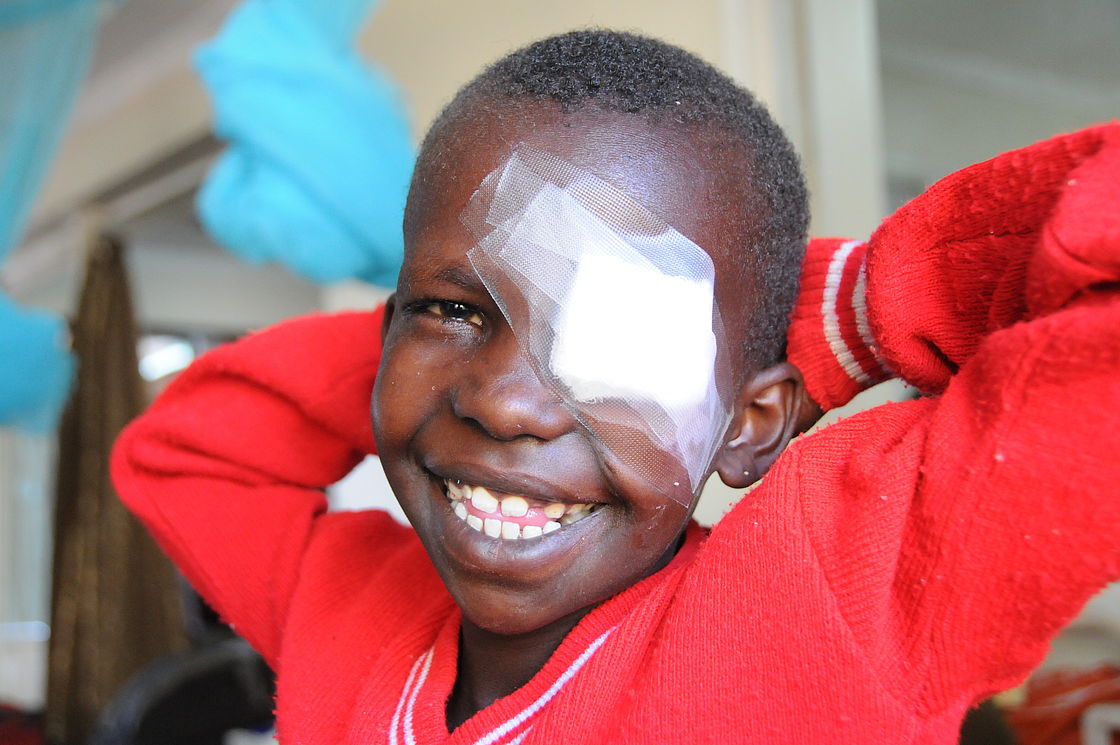
CBM
AFES Regional Office is currently registered as an International Non-Governmental Organisation (INGO) in Kenya. We collaborate with local registered organizations/institutions and work closely with government ministries, technical working groups, alliances, and networks, both locally and internationally. Currently, CBM in AFES collaborates with 104 implementing partners and oversees 144 projects across 10 countries in the region.
Inclusive Eye Health is a significant focus of our work, with two key priorities: strengthening national health systems with a specific emphasis on eye health and neglected tropical diseases, and enhancing access to inclusive and comprehensive eye care and services for neglected tropical diseases. There are 75 Inclusive Eye Health projects being implemented in the region, in partnership with 50 organizations.
Community-Based Inclusive Development (CBID) is another essential initiative for CBM. It encompasses five areas: Ear and Hearing Care (EHC), Physical Rehabilitation (PR), Inclusive Education (IE), Disability-Inclusive Disaster Risk Reduction (DiDRR), and Livelihoods. In Africa East and South, there are currently 95 CBID projects being implemented by 53 partners.
The CBID initiative is guided by four main priorities:
- Inclusive Communities: Ensuring that communities are inclusive and embrace all individuals with disabilities.
- Inclusive Systems: Developing and implementing inclusive services and support systems that effectively function within the community.
- Disaster-Prepared Communities: Enhancing community resilience and preparedness for disasters.
- Thought Leadership: Taking a leading role in driving innovative ideas and approaches to disability inclusion.
Together, through our dedicated interventions and partnerships, we are working towards a more inclusive and equitable society, where every person, regardless of disability, has the opportunity to thrive and contribute to their communities.
CBM Interventions in AFES
-
7 Areas of Work
-
144 Projects
-
10 Countries
-
104 Partners
